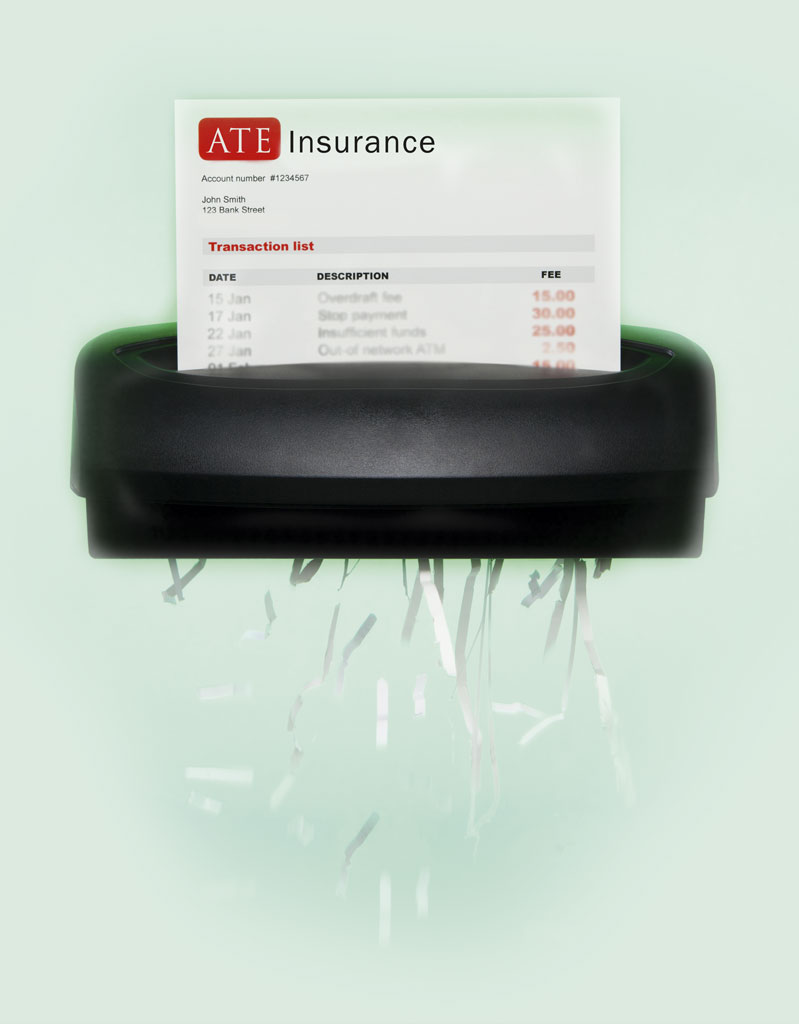
Could solicitors face claims for failing to provide ATE insurance for litigation, ask Jonathan Sachs & Daniel Brumpton
The Solicitors’ Code of Conduct 2007 applied between 1 July 2007 and 5 October 2011. In 2011, the Code of Conduct was changed and replaced by outcomes-focused regulation. Nevertheless, in respect of the required information about costs, the same provisions apply to both the 2007 Code of Conduct and the present Code of Conduct.
Paragraph 2.03 states as follows: “Information about the costs (1) You must give your client the best information possible about the likely overall cost of a matter, both at the outset and, when appropriate, as the matter progresses. In particular you must: (g) discuss with the client whether their liability for another party’s costs may be covered by existing insurance or whether specially purchased insurance may be obtained.”
The key word in the above paragraph is MUST. Therefore, a solicitor is obliged to advise a client as to whether specially purchased insurance may be obtained for a party’s liability to





.tmb-mov69x69.jpg?sfvrsn=961ae4db_1)
95ca96e3d47f4eff8d147c4f0df17c77.tmb-mov69x69.png?sfvrsn=3db5d86b_1)

